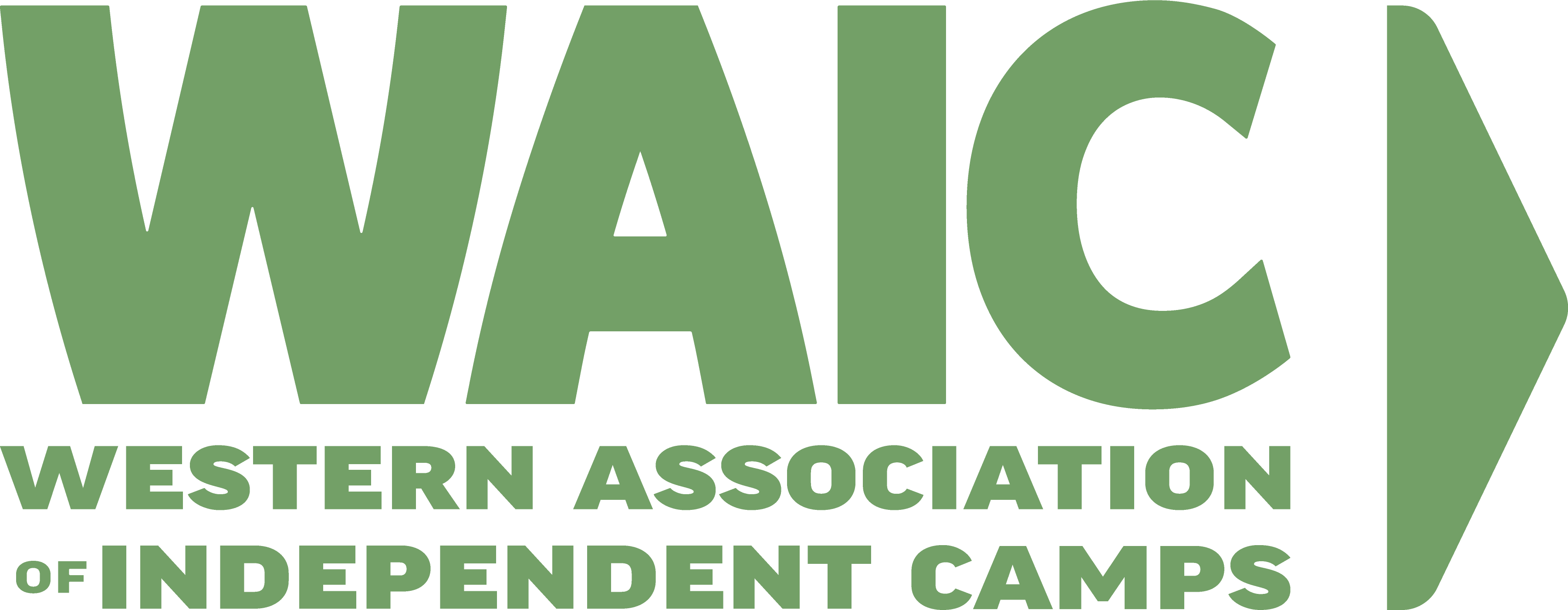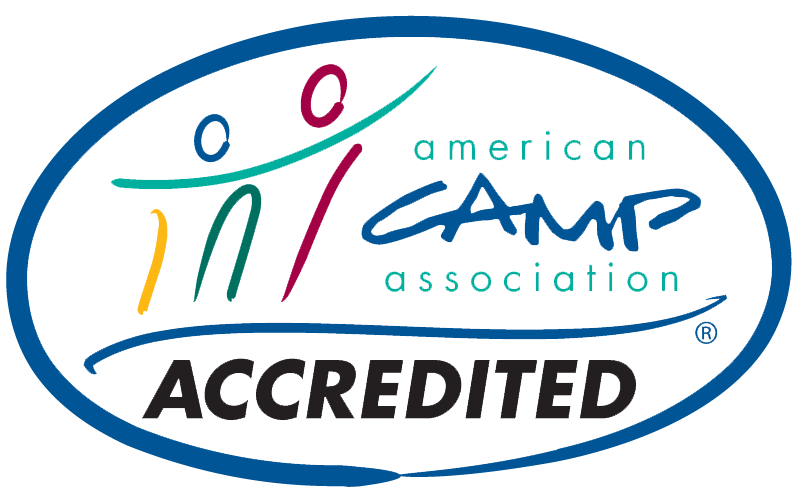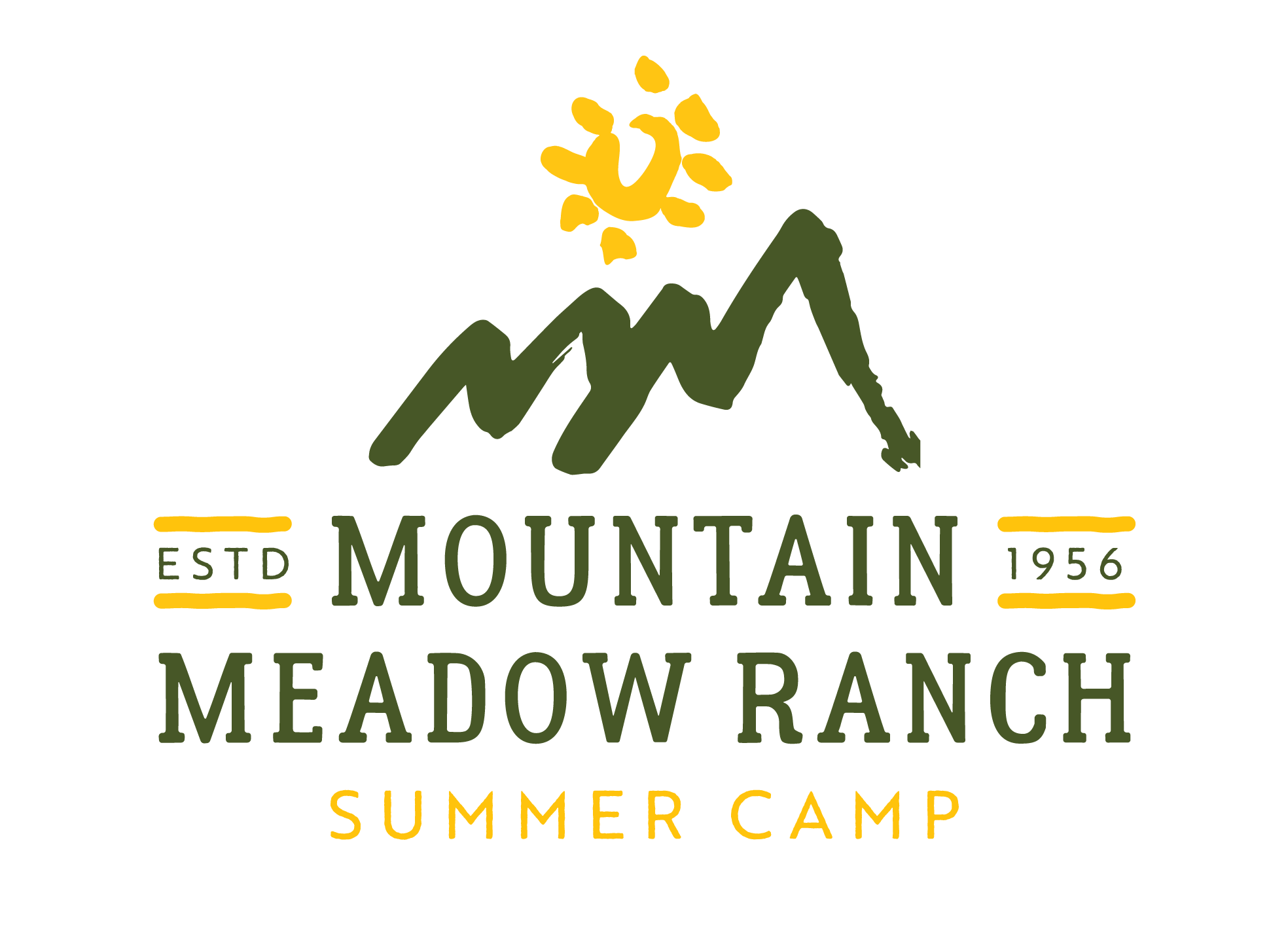For Families
FAQ
General FAQ
Where is Mountain Meadow Ranch?
We are located on a working horse and cattle ranch in the northeastern Sierra Nevada about 1.5 hours NW from the Reno-Tahoe International Airport.
How long are your sessions?
We offer one-week and two-week camp sessions, with the option to combine any sessions to create your own summer of fun! In 2025, we are offering two one-week mini camps.
What ages do you enroll?
We welcome co-ed campers ages 7-16.
What is your diversity & inclusion statement?
At Mountain Meadow Ranch, we believe that summer camp experiences equip young people with a robust and inclusive worldview, established through meaningful, real-life connections with the diverse community of people often met at camp. We also recognize and acknowledge the privileged legacy of organized camping that has often made it difficult for all populations to gain access to the camp experience. We are actively working to increase the diversity and representation of different backgrounds at our camp, through maintaining curiosity in the ways we can improve, educating ourselves to better implement those strategies of inclusion, and increasing access and/or removing obstacles to the camp experience where we can. If you would like to hear more or be a part of our efforts to make MMR a safer and more inclusive space, please reach out to us either by email to [email protected] or call us at 530-310-9281.
How do families and their campers keep in touch?
We use the Campanion App to help those at home feel connected to the camp experience and their camper. We offer four ways to stay connected:
- snail mail (real paper letters with a stamp!)
- eLetters through the Campanion App
- Camp Line (phone) that puts you in direct contact with a director on-site at MMR who will check in on your camper and give you an update
- camp photos with facefinder shared through the Campanion App
Can my camper bunk with their siblings? What about their friends?
That depends! Cabins are assigned by age, grade, and gender to ensure that each group is matched for maturity. If the request is for campers of a similar age, grade and same gender, we will do our best to honor it (but do not guarantee it).
We do not accommodate requests that place campers in dramatically different age groups as we have found it is likely to negatively impact the camper and the cabin dynamic.
What are the cabins like?
Each cabin at Mountain Meadow Ranch is unique in style, but every cabin has electricity, wall-to-wall carpeting, and its own bathroom and shower facilities. Many have a front deck that overlooks the central meadow, a great place to catch up with cabin mates and enjoy the view. Campers sleep in their own twin-sized, cozy wooden bunk beds with bedding or sleeping bags. All clothes and belongings are kept in trunks or luggage that slide under or to the side of the bunks. There are shelves and countertop space in the bathrooms. Cabin groups are assigned by age, grade, and gender, and in groups of 8-16 campers with 2-4 counselors at a time.
It is a priority that our cabins be clean, safe, and comfortable. Laundry is done once a session by our support staff. Campers join in the stewardship of their “camp homes” through cabin clean-up (natural, nontoxic cleaning products are provided) and daily cabin inspections, all for the chance to win a “cleanest cabin” ice cream party at the end of the first week and pizza party at the end of the session!
How is the food?
We’re committed to feeding campers nutritious, wholesome, and tasty meals! We are happy to accommodate a variety of dietary needs or allergies such as gluten-free, plant-based, etc. Meals are served either family style or as a buffet. The menu offers a variety of classic camp food favorites like grilled cheese, spaghetti, taco bar, pulled pork sandwiches, and more. Fresh fruit and oatmeal are available at every breakfast, a salad bar is available at every lunch and dinner. Snack times offered three times daily provide a rotation of fresh apples, oranges, or granola bars. We love to celebrate camper birthdays and special holidays like July 4th with homemade cakes!
Do campers or staff have cell phones / mobile devices?
How do you approach homesickness?
We provide empathy, comfort, and encouragement for our campers (and staff!) experiencing homesickness. First, we will give your child time and attention, recognize their feelings and let them know they are totally normal. Next, we will offer some ideas of things that can bring a little comfort to help move out of the hard feelings and into feeling safe and secure for camp play. Finally, we will encourage your camper with some tools for coping. Ultimately, we have found that the best remedy for homesickness is CONNECTION and PLAY. After providing some TLC (tender loving care), our staff will encourage your camper to get back in on camp life, with the promise to check in on them later that day. We will notify home if homesickness becomes concerning or out of the norm in any way – which is rare!
I see you have a high rate of return campers. Will my new camper feel welcomed?
Absolutely! Inclusivity and authenticity are two of our main values. That means we have created a camp culture that thrives on kindness and encouragement. Returning campers are often the first ones to welcome in a new camper and make them feel at home. Upon arrival, first campers can be intimidated because the returning campers are naturally excited to see their friends. However, without fail by the end of the first day that new camper is right in the mix and can barely be discerned from the returning campers.
How do I know whether my child is ready for camp?
We’ve adapted these camp readiness tips from from Bob Ditter, M.Ed., LCSW Boston, MA www.bobditter.com
The first step in determining camp readiness is to establish that while camp is for every child, not every child is ready for camp; not every child is in a place to get the most out of what the camp experience has to offer.
The second step is to establish common ground with the prospective camps you are evaluating. Camp professionals take incredible care to be sure that a child’s experience at their camp is going to be a happy, healthy and successful one. As the parent and/or adult at home, it is important to partner with your prospective camp in taking this same care with honest and as little bias as possible in assessing your camper’s readiness for camp.
Why is it important to take care in determining whether your child is ready for camp?
It is easy to fool ourselves into thinking that a child is ready when they are not, but it is the child (and often the other children around them) who pay the price for this. A child who comes to camp who is not socially or emotionally ready risks not only being turned off to camp in the future, but they also may suffer from the humiliation of being “a failure” because they “couldn’t make it” at camp. The other children around them could be negatively impacted by the surface behaviors that can manifest in response to this “failure”: bullying, aggression, negativity, moodiness, etc. If a child is not ready for the camp experience, they may end up miserable, feeling worse off for it, and negatively impacting the other children at camp.
What does a successful camp experience look like?
Bob Ditter defines a successful camp experience in part as 1) being able to make and keep friends; 2) meet the responsibilities of living in a cabin, bunk or tent; 3) respect the authority of caring-taking adults; 4) freely take advantage of camp activities and 5) work out the normal and expected conflicts that come when a bunch of “brothers” or “sisters” share common space.
Identifying Signs
It is the joint responsibility of the camp director and the parent to make a determination of readiness. Partnering together begins by looking together at what signs might help decide whether a child who has never been to camp before is ready.
Bob Ditter’s “Ready, Set, Go!” checklist for camp readiness:
Self-Care Habits
- Your child is able to choose and put on his/her own clothes.
- Your child is able to brush their teeth without a lot of prompting.
- Your child washes up or gets clean without a lot of prompting.
- Your child has taken a shower on their own.
- Your child generally sleeps through the night.
- Your child does not usually have severe nightmares.
- Your child rarely wets him or herself at night or during the day.
- Your child agreeably wears clothing that fits the weather.
- Your child can ask for help around self-care issues (dressing, eating, bathroom care, showering, etc.)
Family Relationships
- Is your child able to ask for help from you or another significant adult in his or her life when he or she has a problem at home or in school?
- Does your child usually obey your requests and follow rules in your household?
- Does your child have a positive, nurturing relationship with at least one grandparent?
- Has your child successfully slept over at a relatives’ house?
- Does your child have a best friend?
- Does your child make and get phone calls from kids his/her age?
- Does your child get invited to play dates?
- Does your child get invited to birthday parties/Bar and Bat Mitzvahs?
- Has your child successfully slept over at a friend’s house?
- Has your child had any friends sleep over at your house?
- Do other children want to come to your child’s birthday parties?
- Does your child play primarily with children the same age as him/herself?
- Does your child share control of the play when he/she is with other children (the choices of games/the conversation/rules)?
School/Activities
- Does your child go to school with reasonable ease?
- Does your child do reasonably well academically?
- Does your child have friends in school?
- Does your child follow school rules/comply with discipline?
- Overall, is your child happy at school?
- If your child is on an Individualized Education Plan (IEP), does he or she participate reasonably well with its provisions?
Overall Psychological Health
- Does your child recover from setbacks reasonably well?
- Is your child able to express his or her feelings or concerns in words reasonably well?
- When your child is upset does he or she eventually ask for and accept help?
- Does your child eventually accept discipline reasonably well?
- If your child has a problem has he or she been able to collaborate on problem-solving with a trusted adult in his or her life? Overall, is your child reasonably happy?
The key to the checklist is to look for a pattern of behaviors or a trend of responses that might indicate that a child is either too emotionally immature or not socially well developed enough to handle the rigors of life in a cabin, tent, or bunkhouse. Rather than try to make a determination based on one item or the checklist as a whole, the answers provide an opening for a more in-depth conversation with your child (and a camp professional) about the realities of camp and whether the child will be reasonably able to meet the demands of that reality.
Careful questioning and an open discussion can help you make the decision as to whether your child is ready for the rich, growth-enhancing, and diverse experience of camp.
Travel FAQ
How do I travel to Mountain Meadow Ranch?
There are three main ways to get your camper to camp.
1) Drive and drop off at MMR
2) Flight to Reno Airport and camp bus to MMR
3) Drop off at Reno Airport and camp bus to MMR
Each travel method is detailed below.
I will drive and drop off my camper at MMR. What do we need to know?
Drop-off is between 10am-3pm. This is our “Family Fun Day” where parents and family are welcomed into the camp space to get a taste of the experience. Meet a director, the counselors, and nurse; see your camper’s cabin and help them get settled; go on a camp tour; have some lunch at the dining hall; shop the pop-up Camp Store; play games, and more!
See all the fun Opening Day holds HERE!
My camper will fly into Reno. What do we need to know?
See all the fun Opening Day holds HERE!
Instructions for Solo Flight and Arrival at Reno Airport:
Please book flights to arrive/depart no earlier than 9am and no later than 1pm.
Incoming: Our staff will meet your camper at their arrival gate and assist them through baggage claim and to the camp bus (no matter their age or UM status, this is MMR policy).
Outgoing: Our staff will assist your camper through check-in, security, and wait with them at their gate until the plane departs (no matter their age or UM status, this is MMR policy).
Specific travel day contact information is emailed directly to you prior to your travel day.
I will drop my camper at the Reno Airport to catch camp transportation. What do we need to know?
See all the fun Opening Day holds HERE!
Please plan to drop-off/pick-up your camper from the Reno/Tahoe airport between 9am-12noon. If the time-frame changes due to bus availability/scheduling, we will contact you directly prior to the travel day.
You will meet our staff on the Ground Floor of RNO by Baggage Claim and Door D (the exit for commercial transport like hotel shuttles).
Why is travel information due on May 1?
Having travel information early helps us ensure that the travel scheduling fits the needs of each session (i.e. size of bus to reserve, number of staff to schedule for that travel day, etc.).
Information submitted past the deadline means we cannot guarantee a seat on camp-airport transportation.
Why do we need to book travel within your windows?
What if I need to change travel plans unexpectedly?
We will not penalize you for changes outside of your control (illness, injury, family emergency, act of nature, etc.) and will adjust accordingly to ensure your camper has a smooth travel day once in our care.
For more info…
Mailing Address | PO Box 610, Susanville, CA 96130
Google Maps | Mountain Meadow Ranch Summer Camp
Phone 530.310.9281
Email [email protected]



